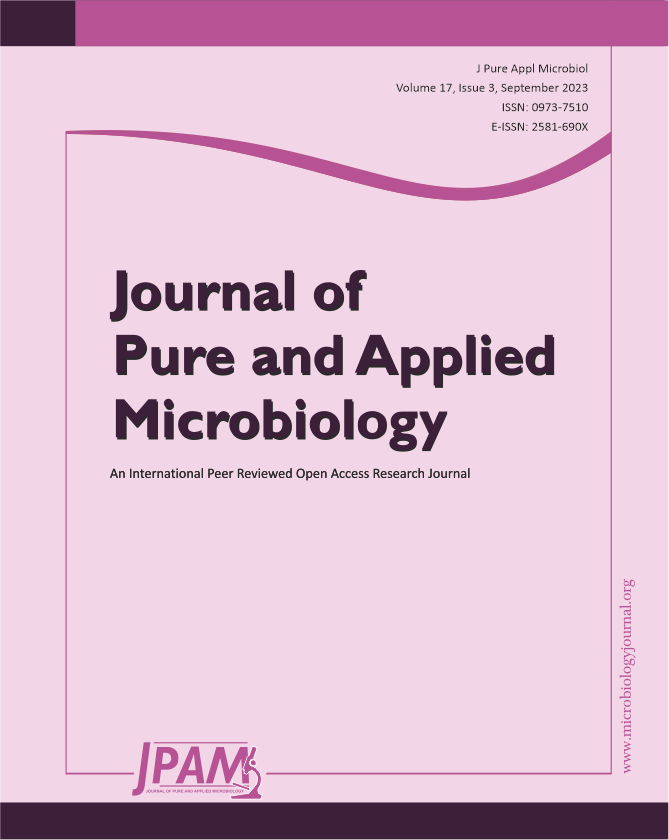Despite the growing prevalence of legionellosis in Poland and worldwide, little is known about the extent of public awareness regarding the seriousness of this disease and the appropriate preventive measures. The aim of this work is to assess the Polish adults’ knowledge, perceptions, and beliefs about legionellosis and its causative agents, risk factors, exposure, and other relevant facts. Data for this cross-sectional study were gathered via a questionnaire that was constructed and validated by the study investigators before commencing the survey, which lasted from January to March 2022. Knowledge, attitude and practice towards legionella were measured and quantified. One-way ANOVA and chi square tests were used to compare between demographic variables and the level of knowledge. Regression analysis was conducted to examine the predictors for higher knowledge among study participants. A total of 251 participants with a mean age of 28.26 ± 9.6 were enrolled in the current study. Over two thirds (74%) were females, with higher education (62%). Older age was associated with less knowledge about legionellosis (B = -0.049, p < 0.001), while higher education was associated with more knowledge (B = 1.656, p < 0.001). No significant differences were found between genders (p = 0.066). A knowledge gap was present for diagnostic tests regarding legionella. On the other hand, knowledge about prevention procedures was quite high among study participants. This study showed that overall knowledge about legionellosis in Polish adults was quite low. In particular, older age groups and the less educated are in need of more awareness of legionellosis disease. A knowledge gap was particularly present regarding how the disease is diagnosed. Awareness campaigns containing simple, easy-to-understand information could prove useful in combating the disease.
Legionellosis, Adults, Poland, Cross-sectional Study
© The Author(s) 2023. Open Access. This article is distributed under the terms of the Creative Commons Attribution 4.0 International License which permits unrestricted use, sharing, distribution, and reproduction in any medium, provided you give appropriate credit to the original author(s) and the source, provide a link to the Creative Commons license, and indicate if changes were made.


